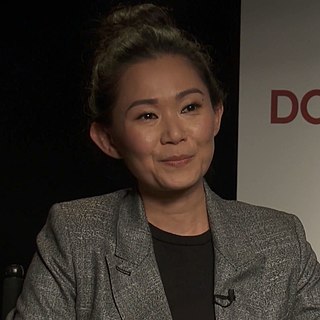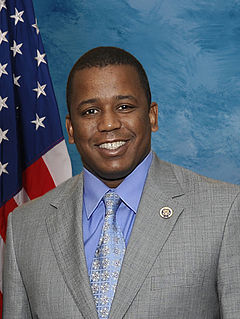A Quote by Sonia Sotomayor
There are uses to adversity, and they don't reveal themselves until tested. Whether it's serious illness, financial hardship, or the simple constraint of parents who speak limited English, difficulty can tap unexpected strengths.
Related Quotes
Our weaknesses are always evident, both to ourselves and others. But our strengths are hidden until we choose to reveal them--and that is when we are truly tested. When all that we have within is exposed, and we may no longer blame our inadequacies for our failure, but must instead depend upon our strengths to succeed ... that is when the measure of a man is taken, my boy.
Having to parent your mother or father is a challenge that way too many teens have to deal with. Teens whose parents are dealing with substance abuse, financial hardship, job loss, mental illness and divorce deserve our love, support, and compassion. I wish America would stop judging and criticizing teens and instead, try to understand the battles they have to fight every day.
Until the age of five, my parents spoke to me in Chinese or a combination of Chinese and English, but they didn't force me to speak Mandarin. In retrospect, this was sad, because they believed that my chance of doing well in America hinged on my fluency in English. Later, as an adult, I wanted to learn Chinese.
My parents have always had a very limited command of English. Of course, when we first arrived in the UK, none of us spoke English, but it's much easier for a child to pick up languages. But the problem was not a lack of English; the problem was poor communication in any language. Remember, my parents came from rural Bangladesh with little education. It was alarming for them, I'm sure, to watch their boy very quickly exhaust whatever ability they had to teach the child something.
I have a funny story to tell about English and how I came to fall in love with the language. I was desperate to fit in and spoke English all the time. Trouble was, in my household it was a no-no to speak English because somehow it is disrespectful to call parents and grandparents "you" - impersonal pronouns are offensive in Vietnamese.


































